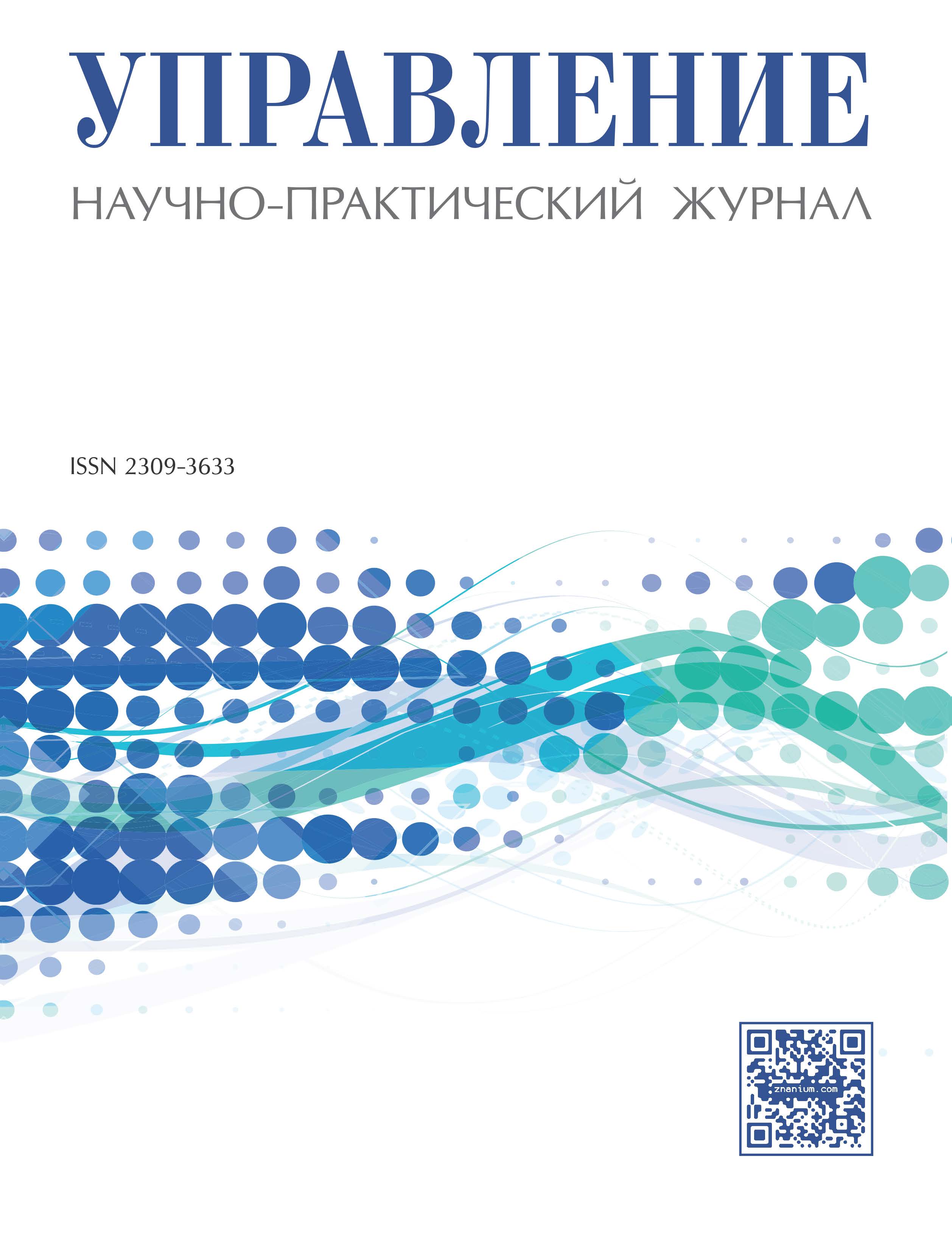The paper is devoted to the management evaluation of critically important development driver, i.e. human factor and specifically in the banking sector of Polish economy for the period of 1999—2011. The paper is composed of preamble, two parts and summary. Part I includes selective definitions of “human capital” and “intellectual capital” in the framework of organizational growth. Part II deals with examination and evaluation of data on employment, payroll costs and operational efficiency in the banking sector for the period of 1999—2011.
banking sector, macroeconomic drivers (physical capital, human resources, intellectual capital), microeconomic drivers (socio-economic and demographic situation, legal norms, political situation).
Abstract
The personal factor in a bank’s operations involves primarily knowledge, skills, experience, motivation, conduct and attitudes to work, as well as the motivation of the team of people who work in the bank. Building and developing the personal factor both require constant and effective management of human resources. Banks may affect the personal factor, not only by increasing the number of employees but above all by improving employees’ knowledge and skills.
The specificity of banks’ operations, increasing customer expectations, fierce competition and a changing economic environment mean that among a variety of factors it is the personal factor that is the key element of banks’ development. This is also due to the intangible nature of services. The experience and skills of bank employees, their professional knowledge, the ability to properly assess the situation and make rational and responsible decisions determine the economic future of the bank.
As in other countries, the prospects for the development of the banking sector in Poland will depend on the state of the economy. The current global economic crisis necessitates, e.g. reduction in employment costs at banks, both in quantitative and value terms, a solution which by its very nature may be a limiting factor as it will serve to suppress banking staff’s motivation to work more efficiently.
Assessing the level of employment in Poland’s banking sector, it should be noted that two trends occurred over the analysed period. The first was a downward trend during 1999–2004 and the second involved an upward move in 2004–2010. It should also be noted that through-out the period, a systematic increase in the number of employees per bank was reported. Among performance indicators, a significant decrease in gross financial result per employee in 2009 is worth noting. In the same year, the average monthly salary in the entire banking sector sustained a slight decline, compared to a positive trend in 2006–2008. The rest of the period was characterised by a positive trend.
1. Becker G. S., Human Capital, New York, National Bureau of Economic Research, II ed., 1975.
2. Croe M. M., Data for Intangibles in Selected OECD Countries, OECD and Dutch Ministry of Economic Affairs, 2000.
3. Dobija D., Pomiar i sprawozdawczość kapitału intelektualnego przedsiębiorstwa, Wydawnictwo Wyższej Szkoły Przedsiębiorczości i Zarządzania im. Leona Koźmińskiego, Warszawa 2003.
4. Hudson W. J., Intellectual Capital. How to Build It, Enhance It, Use It, John Wiley&Sons, Inc. New York, 1993.
5. Informacja o sytuacji banków po pierwszym półroczu 2009, Urząd Komisji i Nadzoru Finansowego, Warszawa 2009.
6. Raport o sytuacji banków w 2008 roku (2009, 2010, 2011), Urząd Komisji Nadzoru Finansowego, Warszawa 2009 (2010, 2011, 2012).
7. Reilly R. F., Interstate Intangible Asset Transfer Programs, «CPA Journal», August, 1992, vol. 62 (8).
8. Stewart T. A., Brainpower. How Intellectual Capital is Becoming Americas Most Valuable Asset, «Fortune», 3rd of June, 1991.
9. Sytuacja finansowa banków w 1999 roku (2000, 2002, 2004, 2006), Synteza, NBP, Generalny Inspektorat Nadzoru Bankowego, Warszawa 2000 (2001, 2003, 2005, 2007).
10. Tecee D. J., Capturing Value from Knowledge Assets, The New Economy, Markets for know - how and and Intangible Assets, California Management Review, vol. 40, No 3, 1998.
11. Ulrich D., Intellectual Capital = Competence*Commitment, Sloan Management Review, Iss. 2, vol. 39, Winter, 1998.
12. Vade - mecum statistique du secteur bancaire, Association Belge des Banques, Bruxelles 1994.







